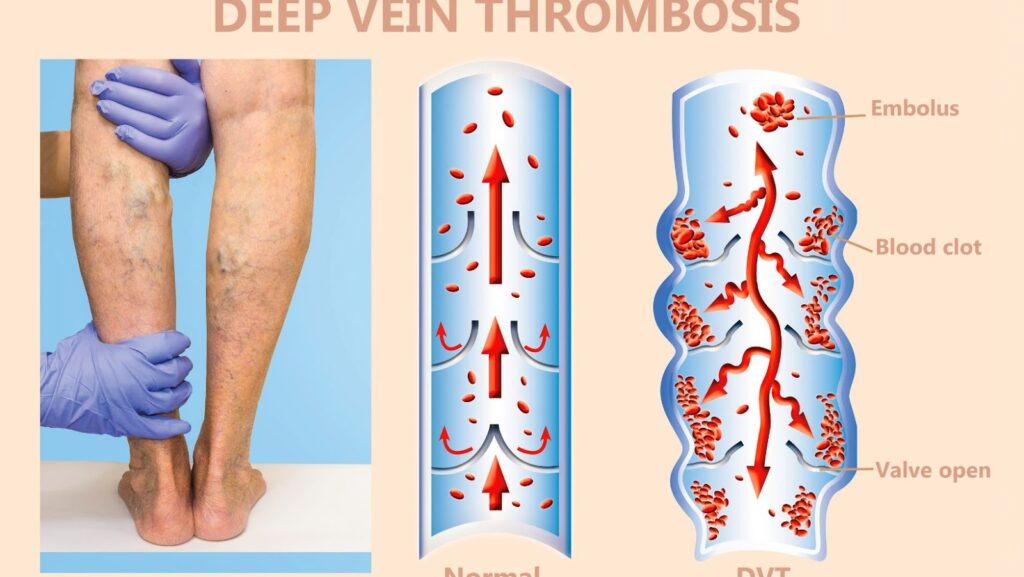
Deep vein thrombosis is a health condition caused by the development of blood clots in your blood vessels. DVT is usually very common in the pelvis, leg, or thigh. They can also be found in your intestines, kidneys, arm, liver, or brain. Early diagnosis is very critical in preventing further health complications. Your doctor may also recommend treatments such as compression stockings, medications, and surgery to help manage your symptoms. In this article, we will tell you why you should have your deep vein thrombosis problem treated by a vein specialist in Davenport, FL.
Symptoms
In some cases, you can have this condition with no symptoms, and sometimes the DVT symptoms may be mild and not raise any health concerns. Below are some of the common symptoms of acute DVT:
- Inflamed or discolored skin
- Tenderness or pain in your arm or leg that worsens when walking or standing
- Abnormal increase in the size of the veins
- Swollen arm or leg
- Severe headaches or seizures when there are blood clots in the veins of your brain
- Persistent flank or abdominal pain
- Shortness of breath
- Chronic chest pains
What are the Potential Triggers of Deep Vein Thrombosis?

There are several factors that can potentially increase your chances of developing deep vein thrombosis. They include:
· Being 40 years and above
· Family medical history
· Having varicose veins
· Being overweight
· Pregnancy or having recently given birth
· Having undergone some cancer treatments
· Excessive use of tobacco products
· Taking birth control pills
· Sitting or standing for extended periods
· Having restricted blood flow due to surgery, immobilization, or an injury
Diagnosis
If your healthcare provider suspects you have deep vein thrombosis symptoms, you will have an ultrasound scan. This scan is used to check the flow of blood through your veins. Your doctor may also inquire about your medical history and symptoms before deciding to perform a physical exam. Below are some of the tests your doctor may perform to help diagnose deep vein thrombosis;
- Venogram. This test involves injecting a dye into a vein in your knee, groin, or foot. X-ray images are then taken to determine where the blood clot is in the vein.
- D-dimer test. This test is used to check the amount of D-dimer present in your blood that may indicate the presence of a blood clot.
- Ultrasound. This test is used to check for blood clots in veins and monitor the flow of blood in your veins.
- Other imaging exams. CT scans and MRIs are used to detect the presence of blood clots in your veins.
Treatment

After detecting deep vein thrombosis, your doctor will prescribe you anticoagulant medications, such as warfarin, that you will be required to take for the next three months. If the anticoagulant medications fail to eliminate the blood clot, your practitioner will break and suck out the blood clot using a filter trap injected into the diseased vein. However, pregnant women with deep vein thrombosis are treated with anticoagulant medicines for the entire pregnancy.
At Vein & Cardiovascular Center, we provide comprehensive and personalized treatment solutions for chronic venous insufficiency, heart problem, peripheral arterial disease, varicose veins, and other types of cardiovascular complications. Led by Dr. Ashish Pal, MD, and a team of well-experienced medical experts, perform on-site diagnosis and treatments for your deep vein thrombosis problem. Get started today and book an appointment or call us at 407-663-5437.












